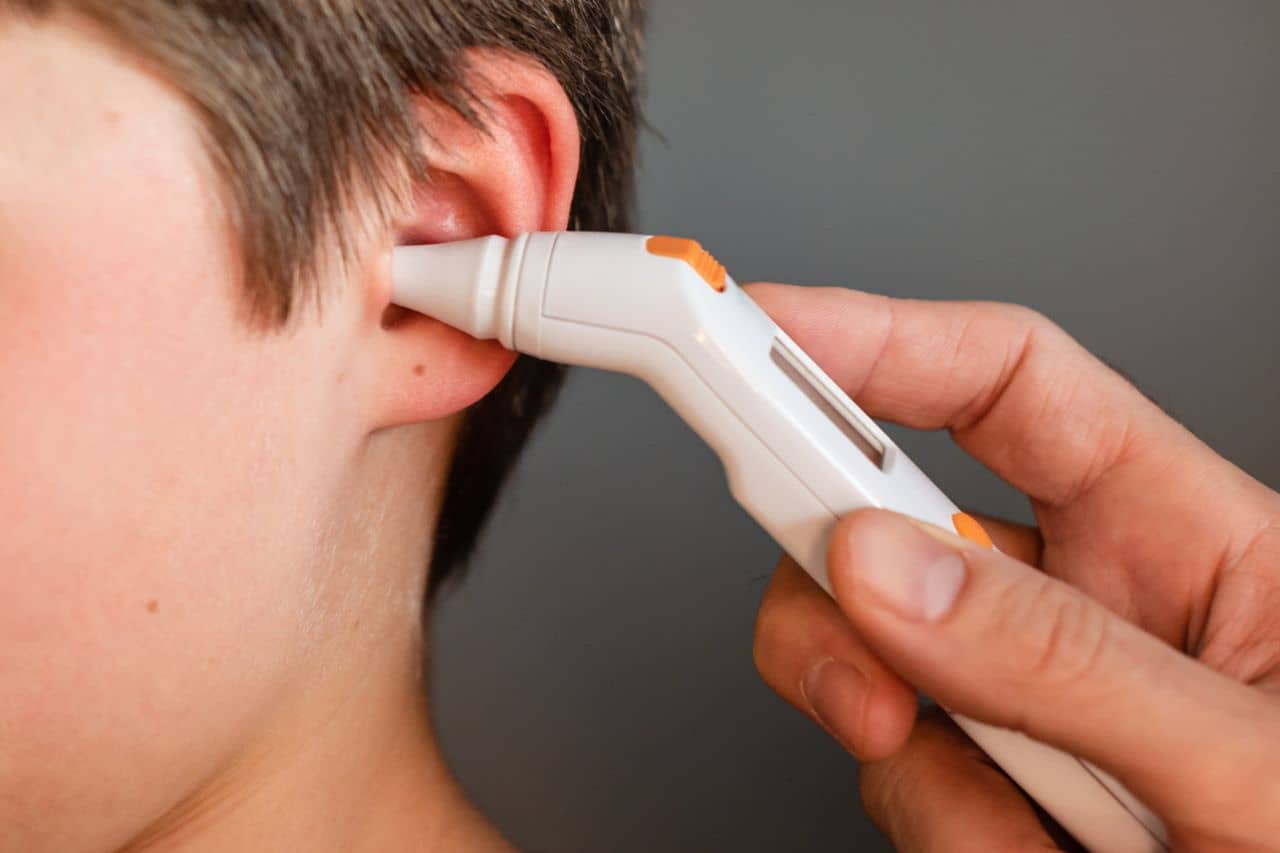How to Cope with Hearing Loss
.jpg?rev=e0c49959f8a641a0ad2bea54c95c2db6)
Hearing loss has many causes, from diseases and genetics to ear damage and aging. Knowing how to live with hearing loss is essential if you develop the condition. That involves seeking help and learning about ways to adapt.
This article provides information on coping with hearing loss and addressing its physical, mental, and emotional impacts.
Tips for Dealing with Hearing Loss
If you have hearing loss, it’s important to remember that the condition poses both functional and emotional challenges. For example, the added effort you put into listening can be exhausting, communicating in noisy places can be difficult, and struggling to hear can make you feel frustrated and isolated.
Fortunately, there are actions you can take and devices you can use to deal with hearing loss more effectively, including:
Acceptance and emotional well-being
Hearing loss can take an emotional toll on you. However, being proactive can help you minimize its impact. For example, you can:
- Explain your situation to friends and family and ask for their support
- Join a support group
- Get professional counseling
The key is to be open and honest about the challenge you’re facing. People are typically very understanding and eager to assist in any way they can.
Communication strategies
There are many ways to address your hearing loss and improve your ability to communicate with others. For instance, it helps to maintain eye contact when you’re in conversation. Facial expressions can be very informative.
You should also get comfortable with asking people to repeat themselves. Not only does that help ensure you don’t miss important information, but it’s also a cue to the speaker to slow down, enunciate, and increase their volume.
Depending on your degree of hearing loss, you may also benefit from assistive technology.
Assistive listening devices and technology
Many devices are designed to help people with hearing loss hear better and enjoy life more. Personal sound amplification products (PSAPs) and hearing aids are battery-powered units that amplify sound. PSAPs are over-the-counter products, and hearing aids are typically obtained with a prescription.
Cochlear implants are for people who are profoundly deaf or hard of hearing. These devices, placed during a surgical procedure, don’t amplify sound. Instead, they create electric signals interpreted by the brain as sound.
Your Baptist Health doctor or audiologist can help you determine what type of device is best for you.
Strategies for social interactions
You can make social interactions less stressful and more positive if you have a plan. It can be helpful to request that gatherings take place at less-noisy venues or in quieter areas.
It’s also a good idea to learn and practice active listening techniques. This includes looking at speakers, positioning yourself with your “better” ear (if you have one) toward the person talking, getting closer to speakers, etc.
Self-care
Get Additional Help from Baptist Health
Living with hearing loss poses unique challenges, but there are ways to overcome them.
An excellent first step is connecting with a Baptist Health audiologist to be diagnosed and learn about treatments and technology. They can also point you to other resources, like support groups for people with hearing loss.


.jpg?rev=c29a7bb997544616aadc18d252dc5261)
